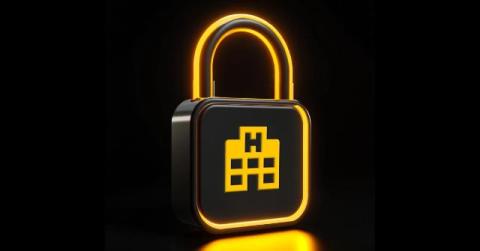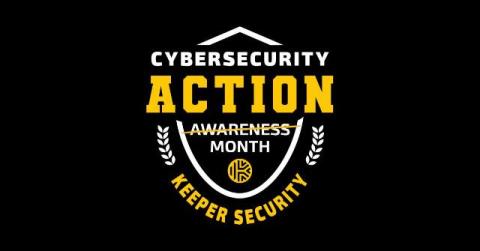Can Google Ads Be Scams?
Yes, it is possible for Google Ads to be scams. According to the 2023 Google Ads Safety Report, Google successfully blocked and removed over five billion fake ads and suspended almost 13 million advertiser accounts. Even though fake Google Ads are prohibited by Google’s policies, many phony ads go undetected if no one reports them, which could lead to you falling for their scams.











